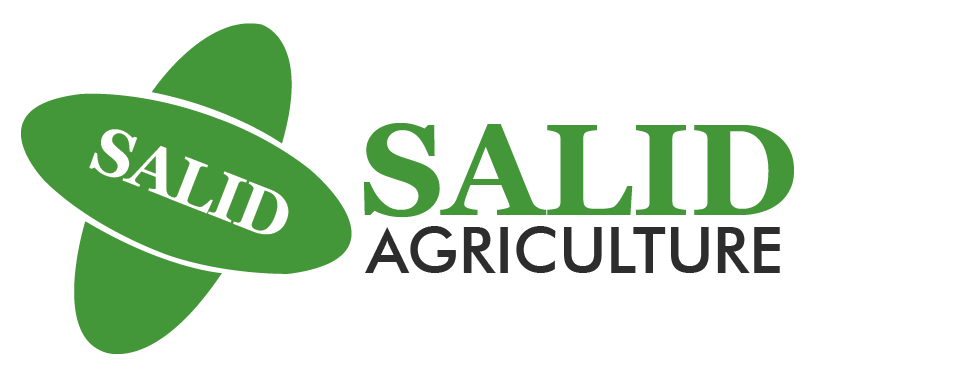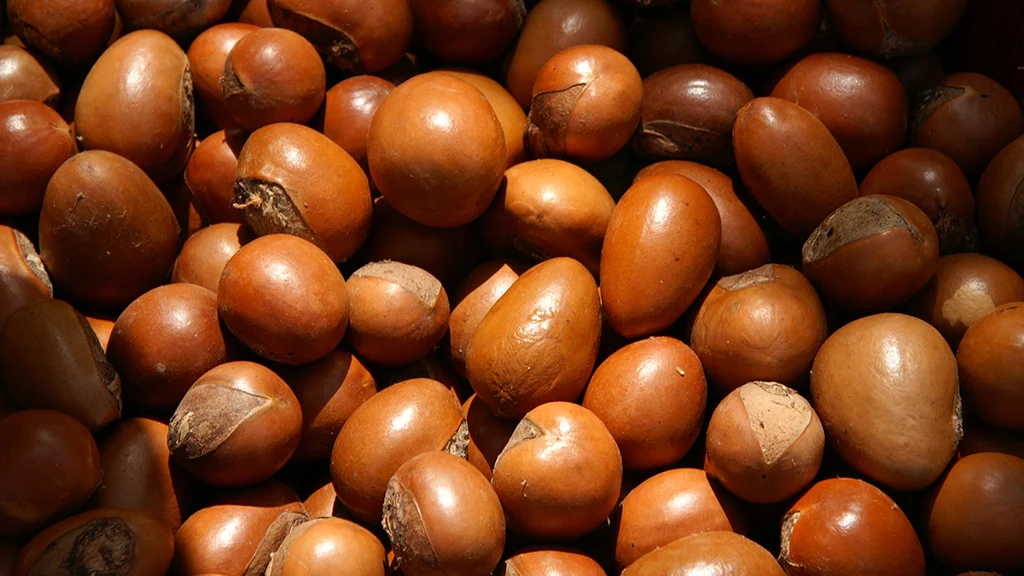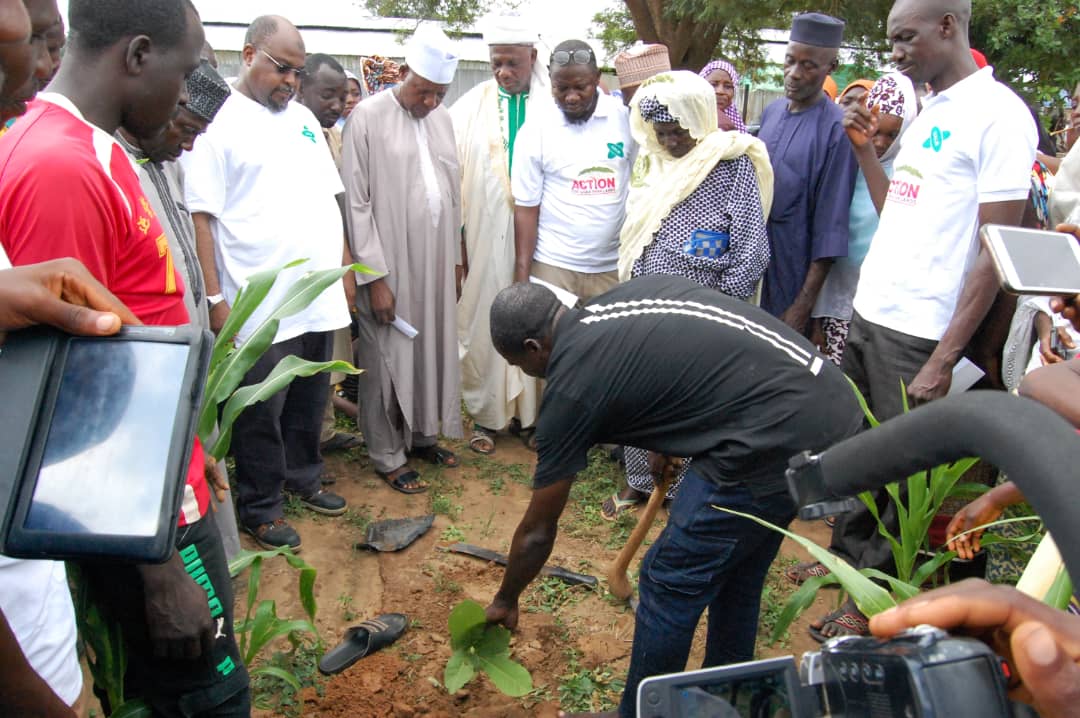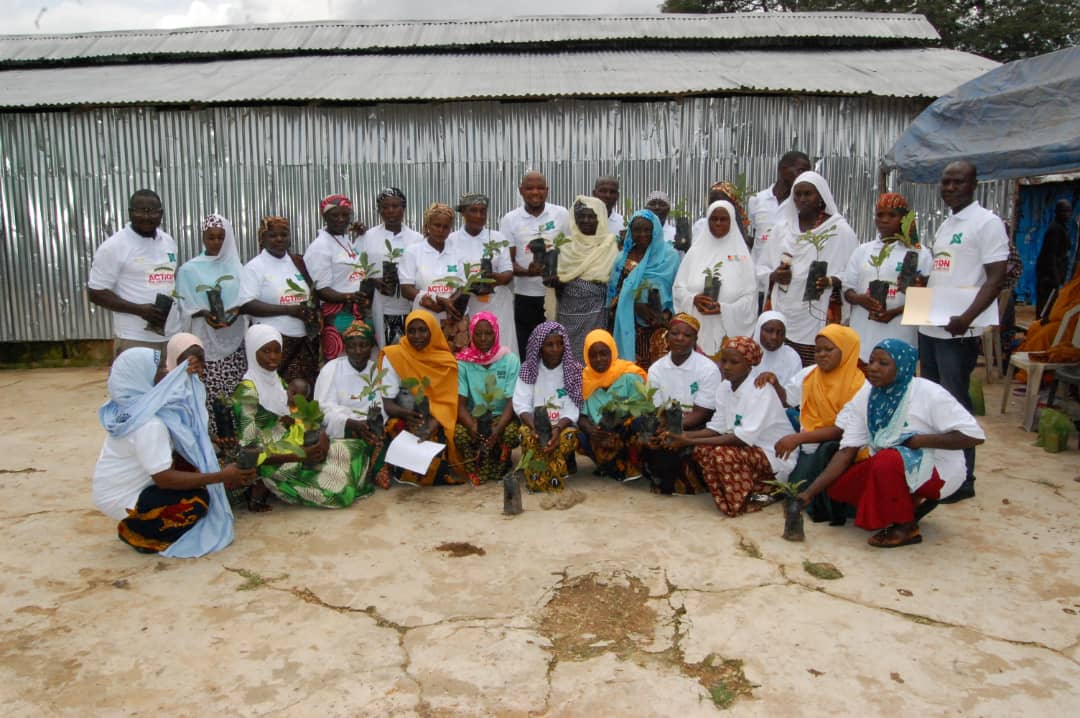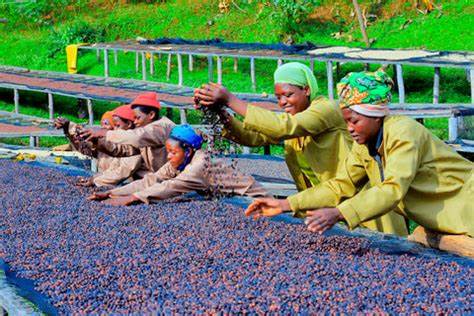Innovating Agriculture for a Sustainable Future
Pioneering Sustainability in Agriculture
.
One of the most compelling aspects of the shea nut business is its role in empowering women. In West African countries like Nigeria, Burkina Faso, Ghana, and Mali, women are primarily responsible for collecting shea nuts and processing them into butter. By engaging women in the shea supply chain, cooperatives and businesses are providing them with economic opportunities that enhance their autonomy and contribute to family incomes. Access to fair wages, training, and capacity-building initiatives are vital to ensuring women can leverage their expertise and labour in a way that benefits them economically.
The shea nut industry in West Africa is a crucial sector that significantly contributes to the livelihoods of millions of women and rural communities. As global demand for natural and sustainable products increases, the potential for the shea nut business not only to generate income but also to promote sustainable development is immense. However, navigating the intersection of sustainability and development presents both challenges and opportunities in shea nut business.
SALID’s farmgate activities and cooperation with rural women cooperatives plays a crucial role in the development of the shea nut business. By banding together, women can pool resources, share knowledge, and access financing that would otherwise be unavailable to them as individuals. These cooperatives can also create a solid platform for advocacy, ensuring the value chain is sustained and encouraged for continual business processes and that the voices of women in the shea industry are heard at local, national, and international levels.
As a member of the Global Shea Alliance (GSA), we are dedicated to the sustainable development of the shea butter industry, primarily in West Africa. The GSA brings together various stakeholders including producers, buyers, NGOs, and government entities to enhance the shea sector’s growth while ensuring environmental sustainability and social equity. Its efforts also empower producers especially women whilst ensuring economic benefits reach local communities. Its efforts not only support livelihoods but also contribute to the conservation of natural resources in West Africa.
